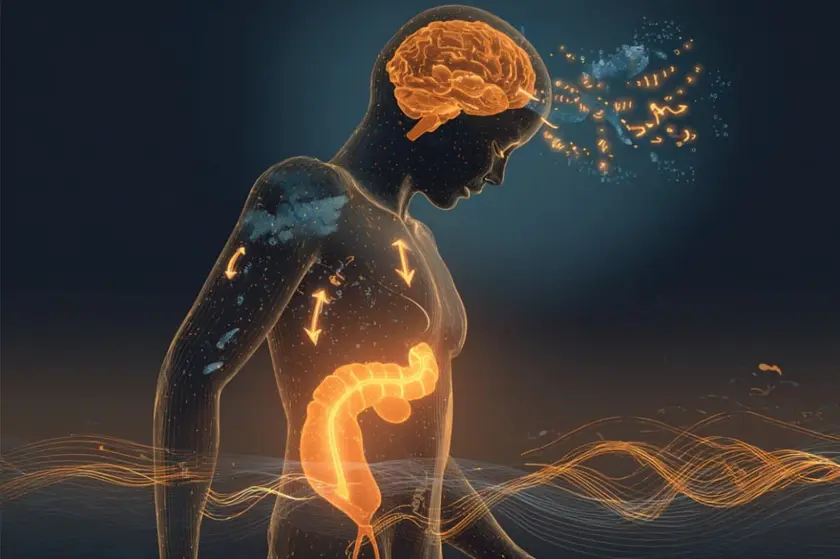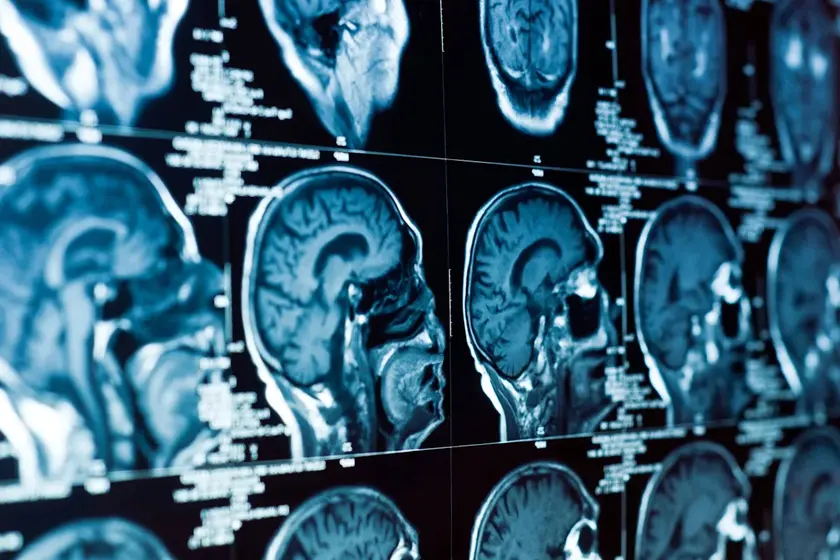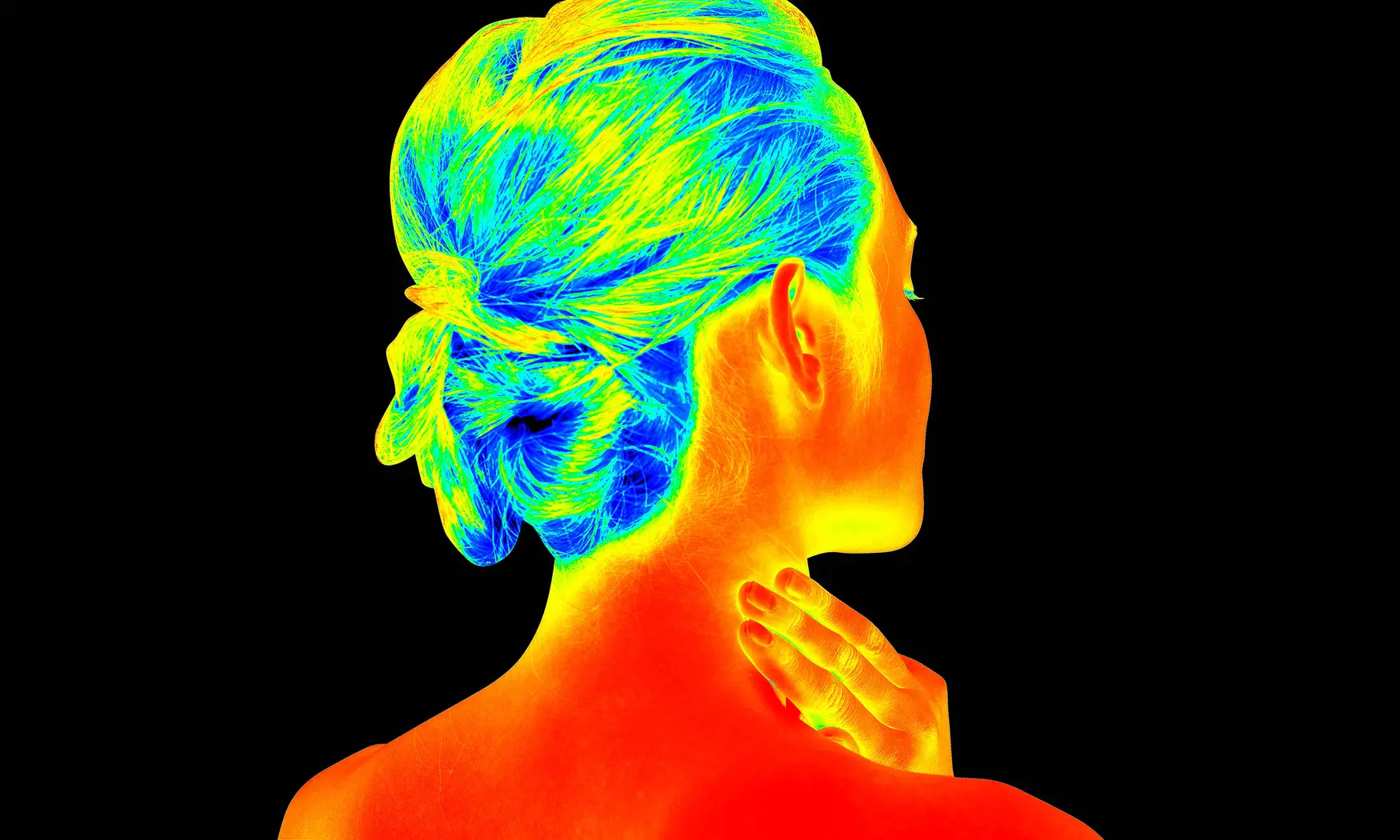T4K3.news
Pancreas brain loop links mood to metabolism
A new study ties insulin signaling in the pancreas to mood regulation via the hippocampus, suggesting a body-brain connection in bipolar disorder.

A study links a pancreas–hippocampus feedback loop to mood changes in bipolar disorder.
Pancreas Hippocampus Loop Shapes Bipolar Mood Cycles
Researchers used patient-derived pancreatic islets and a mouse model to explore how the bipolar risk gene RORβ affects insulin release in pancreatic beta cells and brain activity in the hippocampus. When RORβ was overexpressed in the pancreas, mice showed depression-like behaviors in the day and mania-like behaviors at night, driven by shifts in insulin output and hippocampal activity. The work identifies a bidirectional pancreas–hippocampus loop that appears to operate on a circadian rhythm, suggesting that metabolic signals can influence mood regulation and vice versa.
The study adds to a growing view that mood disorders may arise from interactions between body systems and the brain. It also points to possible new approaches that target pancreatic function or circadian timing to help stabilize mood, alongside existing brain-focused therapies. While the findings are intriguing, scientists caution that translating results from mice and cell models to humans will require careful, multistep research and replication.
Key Takeaways
"A pancreas–hippocampus feedback loop links insulin signaling to mood"
Core mechanism described by the study
"This could redefine how we see bipolar biology"
Editorial interpretation of the study's impact
"Circadian regulation of metabolism may steer mood fluctuations"
Summary of the circadian aspect of the findings
This editorial view highlights the novelty of linking a specific genetic regulator, RORβ, to a body-brain feedback loop. It reframes bipolar disorder as a condition that may involve whole-body physiology, not just neural circuits. The idea that the time of day can shape both metabolism and mood invites a more integrated approach to treatment and research.
However, there are important caveats. Mouse models do not capture the full complexity of bipolar disorder in humans, and translating cellular findings to clinical therapies takes time. Overstating immediate therapeutic potential risks misinforming patients and clinicians. A careful, interdisciplinary path is needed to assess whether insulin signaling or pancreatic regulation can meaningfully alter mood cycles in people.
Highlights
- A new rhythm ties body to mood
- Time of day could guide bipolar treatment
- Insulin as a mood signal in the brain body loop
- Mood cycles meet metabolic science
Time will tell how this body-brain link shapes care.
Enjoyed this? Let your friends know!
Related News

New study links dieting to worsening depression

PFAS exposure linked to brain changes

Study reveals link between body temperature and depression

UPFs linked to higher cancer and heart disease risk

Caffeine intake linked to health benefits and risks

Weight loss drugs entering a new era

Study Links Okra to Potential Weight Management Benefits

New research links fat distribution to health risks
